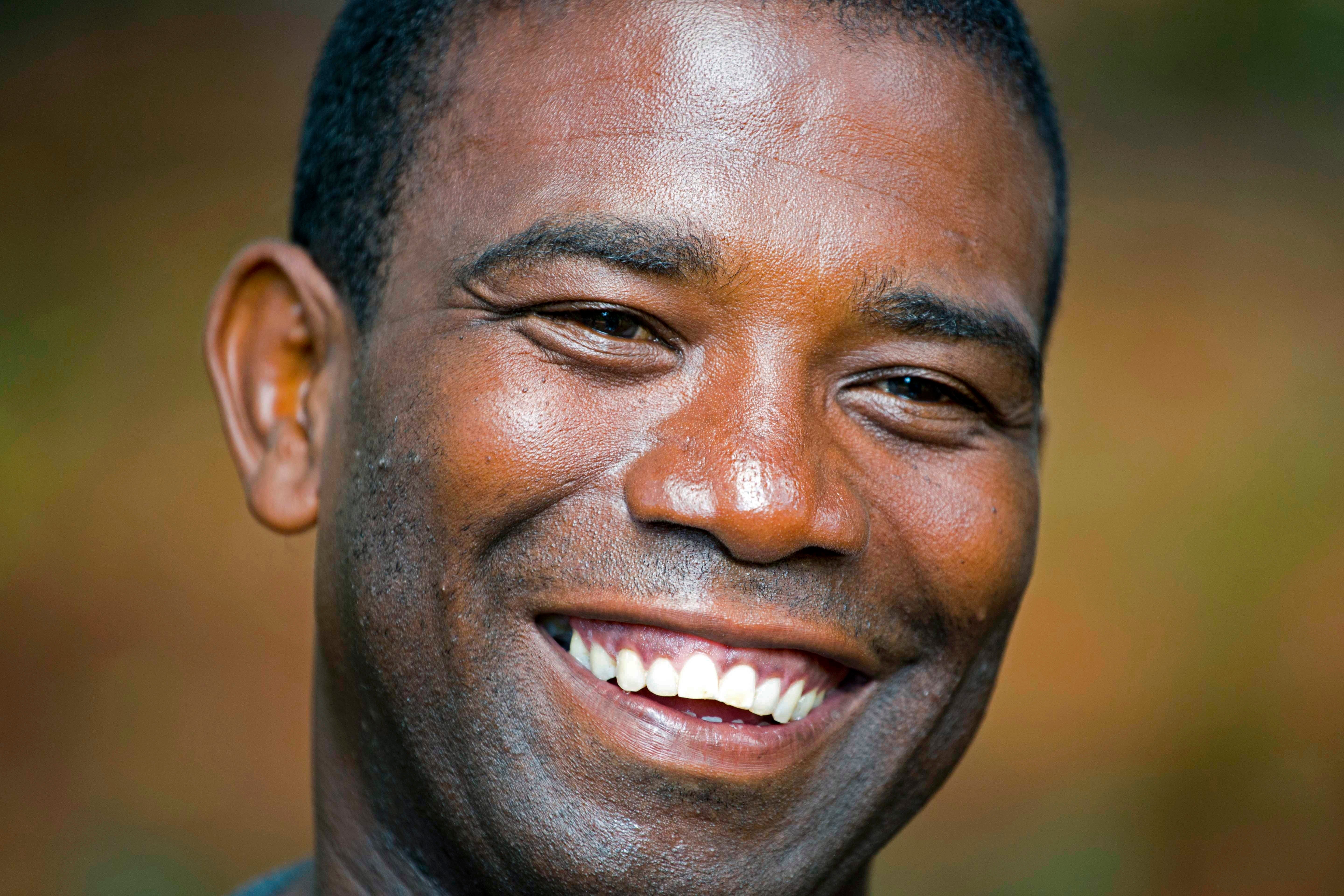Coup leader Guy Philippe repatriated to Haiti as many question his next role in country in upheaval
Notorious coup leader Guy Philippe has returned to Haiti after the U.S. government repatriated him

Your support helps us to tell the story
From reproductive rights to climate change to Big Tech, The Independent is on the ground when the story is developing. Whether it's investigating the financials of Elon Musk's pro-Trump PAC or producing our latest documentary, 'The A Word', which shines a light on the American women fighting for reproductive rights, we know how important it is to parse out the facts from the messaging.
At such a critical moment in US history, we need reporters on the ground. Your donation allows us to keep sending journalists to speak to both sides of the story.
The Independent is trusted by Americans across the entire political spectrum. And unlike many other quality news outlets, we choose not to lock Americans out of our reporting and analysis with paywalls. We believe quality journalism should be available to everyone, paid for by those who can afford it.
Your support makes all the difference.Notorious coup leader Guy Philippe returned to Haiti on Thursday after the U.S. government repatriated him, sparking concerns that his presence could unleash further upheaval in a country already reeling from gang violence and political instability.
It wasn’t clear what role, if any, Philippe expected to play upon his return to Haiti, which is under siege by gangs that grew extremely powerful in the political vacuum created by the July 2021 assassination of President Jovenel Moïse.
“One would have to wait and see what his return means, if anything at all,” Alex Dupuy, a Haiti-born sociologist and former professor at Wesleyan University in Middletown, Connecticut, said in an interview. “He’s not going to be necessarily the principal actor in the drama that’s going on in Haiti and the awful political situation.”
Philippe's attorney, Jean Joseph Louicher, confirmed to The Associated Press that Philippe arrived in the capital of Port-au-Prince on Thursday morning. Philippe could not be immediately reached for comment.
Philippe once served as police chief for the northern coastal city of Cap-Haitien and was later accused of masterminding attacks on police stations and other targets while in exile in the Dominican Republic.
He returned to Haiti in 2004 and led a band of rebels that captured Cap-Haitien as he joined an uprising that led to the ouster of President Jean-Bertrand Aristide.
Philippe was arrested in Haiti in January 2017 while participating in a live radio talk show. He had recently been elected to Haiti’s Senate, and authorities whisked him quickly to the airport to avoid potential riots protesting his extradition to the U.S.
The former rebel leader was nabbed after years of successfully eluding arrest and failed raids on his remote home in Haiti’s western coastal region that involved U.S. Drug Enforcement Administration agents and helicopters.
In a 2016 interview with The Associated Press at his stronghold in Pestel, Philippe said he was innocent of any crimes and that he would fight any law enforcement that tried to capture him.
Shortly after his 2017 arrest, Philippe appeared before a federal judge in Miami to face decade-old U.S. drug charges including cocaine trafficking conspiracy and money laundering.
In June 2017, he was sentenced to nine years in prison after pleading guilty to a money laundering charge.
Authorities said that Philippe, a former high-ranking official with Haiti’s National Police, had used his position to provide protection for drug shipments in exchange for cash. Officials said he acknowledged receiving up to $3.5 million in bribes.
Philippe was released from prison on Sept. 7, according to court documents. In the weeks that followed, Haitians in and near his former stronghold organized protests, blocked roads and demanded that the government provide Philippe travel documents so he could return to his native country.
Philippe's supporters also include former Haitian President Michel Martelly, who is still considered a powerful, behind-the-scenes political player.
___
Coto reported from San Juan, Puerto Rico. Associated Press videographer Pierre-Richard Luxama in Port-au-Prince, Haiti and Associated Press reporters Eric Tucker and Rebecca Santana in Washington D.C. contributed.